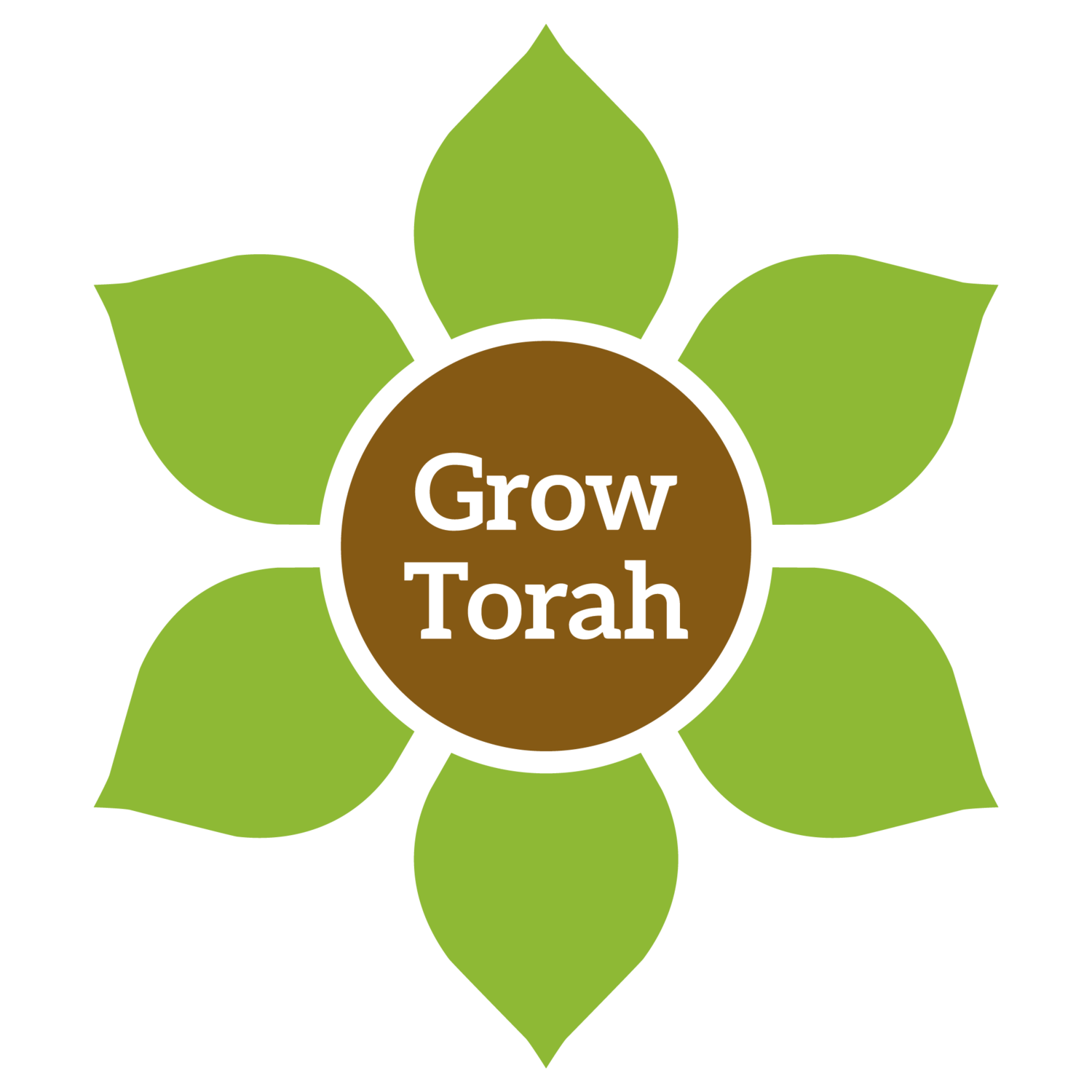Mikeitz: The Song of the Land – A Torah Teaching for the Western Environmentalist
Original author - Rabbi Shaul David Judelman, edited by the GrowTorah Summer Inchworms 2021
View Accompanying Source Sheet Here
At the beginning of Parshat Miketz, we hear about the coming years of plenty and years of drought to follow. While there are certainly lessons to be learned about drought, a culture of excess, and the implementation of responsible agricultural practices, we will focus our attention elsewhere. An insight of less obvious, but just as far-reaching magnitude lies in our parsha.
Much of Parshat Miketz is centered around Yosef’s interpersonal relationships with his family members and on Yosef the person, not Yosef the leader. It is on this personal level that we can, perhaps, learn the most. The favorite son who was, years before, left for dead by his jealous brothers has come to power in Mitzrayim and is in charge of dispensing the only food stores in the region. Yaakov sends a “care package” down with his sons to the ruler, gifting him with fruits from the land of Israel.[1] Rebbe Nachman writes that Yaakov was sending this mysterious ruler of Mitzrayim a taste of the Land of Israel.[2] When Yaakov sends Yosef the package, the Torah calls it “zimrat ha’aretz,” the song of the land. Onkelos understands this phrase to mean “the crops that a land is praised for.”
The connection between fruits, taste, and song is a rather significant theme in Jewish agriculture. As the Mishna in Bikurim (First Fruits) describes, the bringing of the first fruits to Yerushalayim in the days of the Beit HaMikdash was accompanied by music.[3]
In the Torah text, the trope (musical notation) that hover over the letters are called the ta’amim, a word that literally means “taste.” Kabbalah teaches that these “tastes” reveal the secret meaning of the text. And, when Yosef receives the offering of the tastes of his homeland, it is the start of the sequence wherein Yosef begins crying for home.[4]
The tastes of a place can become indelibly etched into our memories. I have an uncle who hasn’t been to Israel in twenty years, and what I hear him asking for is “one of those Israeli tomatoes or cucumbers.” Taste is beyond words, yet somehow contains the experience of a place.
An experience that is, by definition, beyond words, finds its voice through taste and song. The fruits of the land have the power to bring us back to a place of pure connection.
It is important to remember that the offering is being sent during a drought. It is a way of impressing and appeasing a foreign leader into giving them food. So what might be taken as Yaakov showing a natural and normal pride in his native land takes on additional meaning. We might notice that other than a bit of honey, the products that Yaakov sends to Yosef (balm, honey, gum, pistachio nuts, ladanum, and almonds) are not the fruits of Israel we are most familiar with. Instead of highlighting his need, or despairing at the limitations of the land, Yaakov highlights and displays the products that he is able to offer. Together, he and Yosef join in the song of the land, engaging in joy and connection even at a time of hardship.
It is crucial for our own sanity as people who live and care for the world that we engage in this form of personal connection with the fruits and joy of the land. Although the media coverage of the environment often borders on apocalyptic, we are still able to reconnect with the land, with who and where we are; there is always joy and pride to be found in the land. We can then share this level of experience with our neighbors and friends as a part of our path, just as Yaakov and Yosef engaged, not only in the hard work of providing for their families and nations in drought but in an act of pride and hope.
Suggested Action:
To help foster our sense of belonging, pride, and care for the place that we inhabit, find a guide to local plants and wildlife and take care to plant and cultivate plants native to your area. Learn the local geology of your neighborhood, or learn about the indigenous populations who cultivated the place in which you currently live. Learn about factors that impact your local climates – bodies of water, wind currents, and more. Introduce children to the ecosystem that exists below the asphalt and that which has developed above it.
Buy foods from local farms, cutting down tremendously on the transport costs of fuel and also bringing yourself into meaningful contact with place and time.
Original Canfei Nesharim Sponsorships:
The Sefer of Bereishis is dedicated in memory of Jacob Cohen by Marilyn and Herbert Smilowitz and family.
Click here to sponsor a parsha.
Notes:
[1] Bereisheit 43:11; The simplest meaning of these words is the “trimmings of the land.”
[2] Likutey Moharan, Part II:63
[3] Mishna, Bikurim, 3:3
[4] Bereisheit 43:25-30
